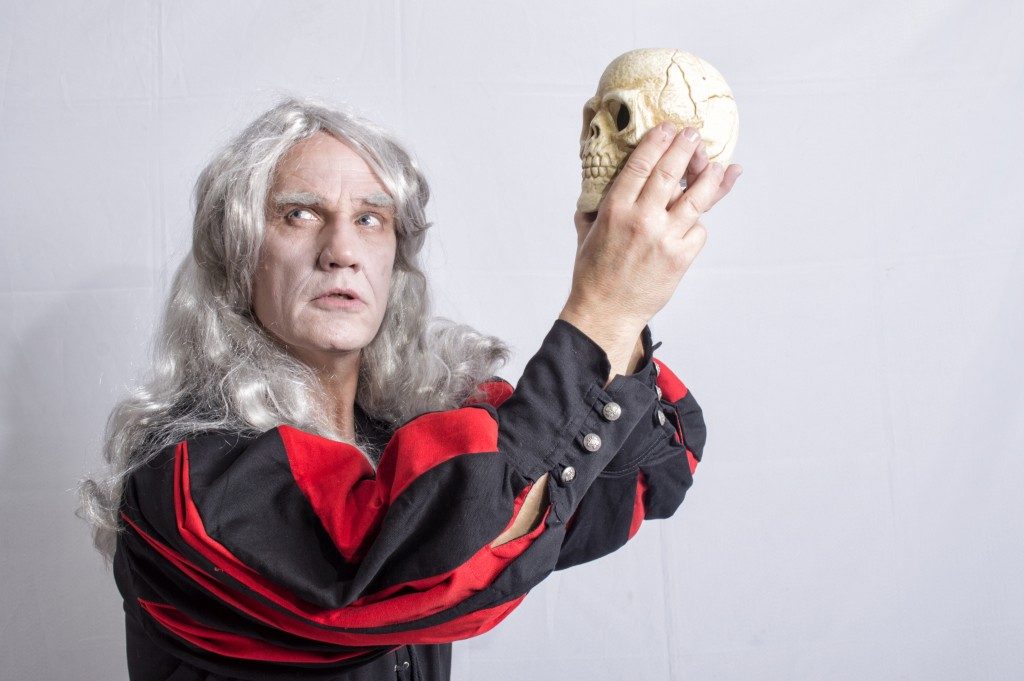
Unravelling the myths of method acting and more
By Adam Tatelman, Staff Writer
Historically, it has been quite popular to depict actors as out-of-touch, borderline-psychotic emotional wrecks. Perhaps this is because most people who aren’t in the film and theatre communities don’t actually know any actors on a personal basis. Or perhaps it sprouted from the “tortured artist” idea that’s existed for centuries in the public consciousness. Whatever the reason, there are a good deal of stereotypes that refuse to die. Being an actor, director, and script writer myself, I’ve worked with a lot of theatrical people and I’ve mostly found these assumptions to be untrue.
People are often confounded when observing actors’ esoteric-sounding vocal exercises. We as actors must be able to project our voices on stage without sounding like we’re yelling, as well as clearly enunciate each word we speak without sounding like robots. To do this, we have to stretch the muscles of our mouth, tongue, throat, and diaphragm by physically stimulating them or making different sounds. This allows us to train for vocal precision. It is really no different than the way an athlete warms up in order to compete effectively. We merely employ different muscles.
Many assume that actors are naturally unstable, since they can access their emotions for their scenes. The truth is we do not project our latent emotions on the characters we play. If we did, we’d just be exploiting our own personal issues. Nobody wants to watch onstage therapy. Instead we undergo intensive character study, creating a physical presence different from our own. The resulting actions inspire our emotions to respond in a more spontaneous way. “Play the action and the emotion will follow,” my teachers told me. Everything else is faking it.
Another popular image is that of the intense, brooding actor who becomes the character they play in their everyday life. This is the invention of hacks and attention seekers. We actors are quite able to separate our stage performances from our real life. When you go home after a shift at the bar, do you find yourself taking patrons’ orders in your sleep? Of course not. Acting is our job, and we don’t need to carry some playwright’s emotional baggage when we punch out for the day.
The entire concept of “method acting” is dangerous—not to mention the result of a translation error. Russian actor Konstantin Stanislavsky created “The System” as a study of biomechanics. When his work was mistranslated into English, it became known as “the method.” Since then, it has deteriorated into a justification for famous actors to grandstand their dedication to their art in increasingly dangerous and irresponsible ways. Nicholas Cage says he went on a month-long bender to learn how to play a drunk in Leaving Las Vegas. I say he wanted an excuse to drink a lot of beer.
Everything we actors do that people find so impressive is the result of simple training. Really, anyone can learn to be an actor, provided they don’t approach it with some mythological idea in mind. We just like to entertain people. That takes a lot of practice, and a lot of guts. We can’t afford to be delicate, because we make our living in the public eye.


